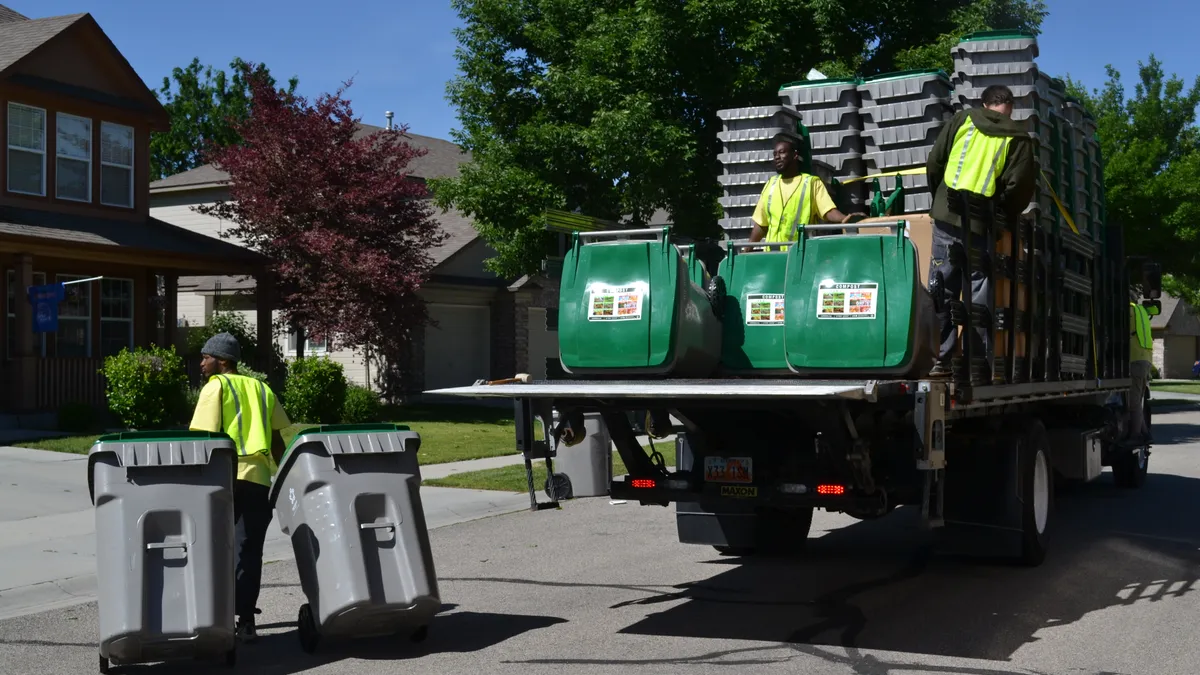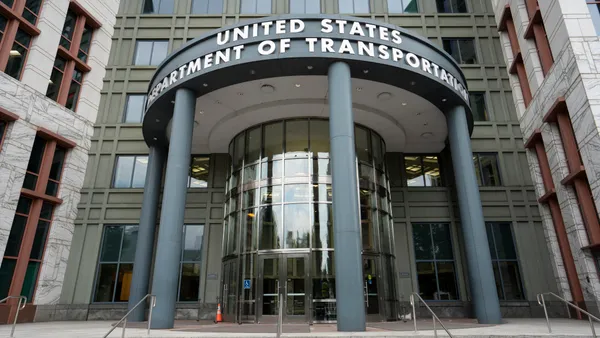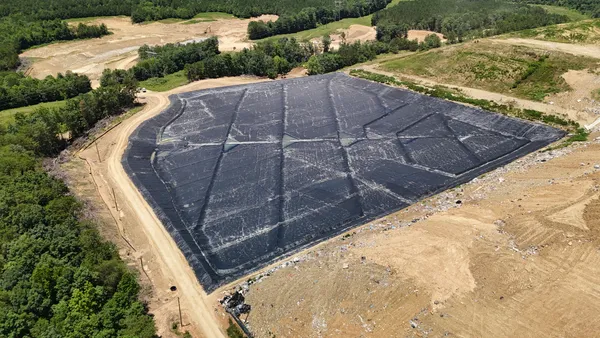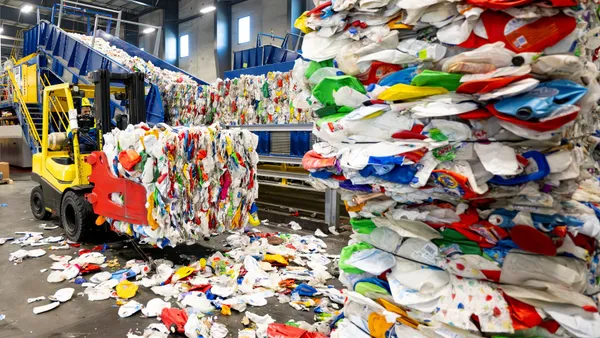Dive Brief:
- Boise, ID officially began rolling out its curbside organics collection program program last week and plans to distribute more than 70,000 new carts to residents over the next weeks, as reported by the Idaho Statesman.
- Official numbers aren't available yet, but a spokesperson for the city's Public Works Department told Boise Weekly that the majority of residents have chosen to stay in the program rather than opt out. Average monthly collection bills will be increasing by $8.40 and residents that participate will receive a $5 rebate. Costs may differ for multi-unit buildings.
- Some have questioned the environmental benefits of the city's decision when factoring in the plastic required to create these carts, and the emissions generated by transporting them and collecting them in the future, as reported by the Idaho Statesman. The city's solid waste programs manager said the carts are made of at least 30% post-consumer recycled content, have a guaranteed lifespan of at least 10 years and are fully recyclable.
Dive Insight:
Boise officials have previously estimated upward of 80% participation, which may be high based on experiences in other cities so far, but the added financial incentive will help. The potential for residents to receive the finished compost created at a nearby city-owned farm may also drive engagement as seen in cities such as Anchorage. Though the city has cautioned that no material will be available for at least 100 days and it can't guarantee quality until testing is conducted from initial batches.
While the program won't be accepting any meat, dairy or animal waste, any level of participation will still help preserve capacity at the local Ada County Landfill. Expanding or building new landfills is often an expensive process and this has been one of the city's main arguments for residents skeptical of the cost for organics collection.
Republic Services has also been running another curbside organics program in the region for Lake Oswego, OR, which recently received a state grant aimed at boosting participation through an educational campaign. The environmental concept is widely appreciated, but comparison to disposal costs remain a key factor for many cities when it comes to curbside organics service. New York isn't charging residents extra but says it's saving on high landfill export costs, whereas cities such as Denver are having a harder time justifying the idea when local tip fees are so low. San Francisco, considered a leader in this space by many, recently moved to increase rates significantly to cover its expenses. As Washington, D.C. recently learned, access to local processing capacity is also critical.
With an accessible processing option, the motivation of keeping their local landfill open as long as possible and a built-in financial incentive for participation Boise already has multiple factors going in its favor.













